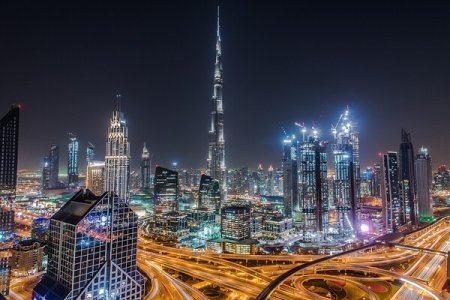
Investigation reveals 200 Nigerian politicians and security officers own $1 billion in Dubai properties. Notable figures implicated include Atiku Abubakar and Nasir El-Rufai. Concerns were raised about corruption and capital flight. Experts call for improved Nigerian real estate sector and stricter measures to prevent illicit outflows.
A groundbreaking investigation has revealed that approximately 200 Nigerian politicians and security officers have invested nearly $1 billion in Dubai’s lucrative property market over the past two decades. The investigation, part of the ‘Dubai Unlocked’ project led by the Organized Crime and Corruption Reporting Project (OCCRP), uncovered 1,600 properties owned by Nigerian politically exposed persons (PEPs), their families, judges, and high-ranking civil servants.
Notable figures implicated include former Vice President Atiku Abubakar, former Kaduna State Governor Nasir Ahmad El-Rufai, and current Attorney General Lateef Olasunkanmi Fagbemi. The properties, ranging from luxury apartments to villas, are located in prestigious areas such as Burj Khalifa and Palm Jumeirah.
Nigerians are the second-largest group of foreign property owners in Dubai, with PEPs and government-connected individuals accounting for 88% of Nigerian-owned assets. While some argue that owning property abroad is not inherently wrong, concerns have been raised about potential links to corruption and capital flight.
The UAE’s booming real estate market, which grew by 20.43% in the first quarter of 2024, has become an attractive destination for international investors. However, critics warn that Dubai’s property market may be a haven for illicit activities, including money laundering.
As Nigeria grapples with economic challenges, the revelation of such significant investments abroad raises questions about capital flight and its impact on the country’s development. Experts suggest that Nigeria should focus on making its real estate industry more attractive to investors while implementing stricter measures to prevent the outflow of potentially ill-gotten gains.





